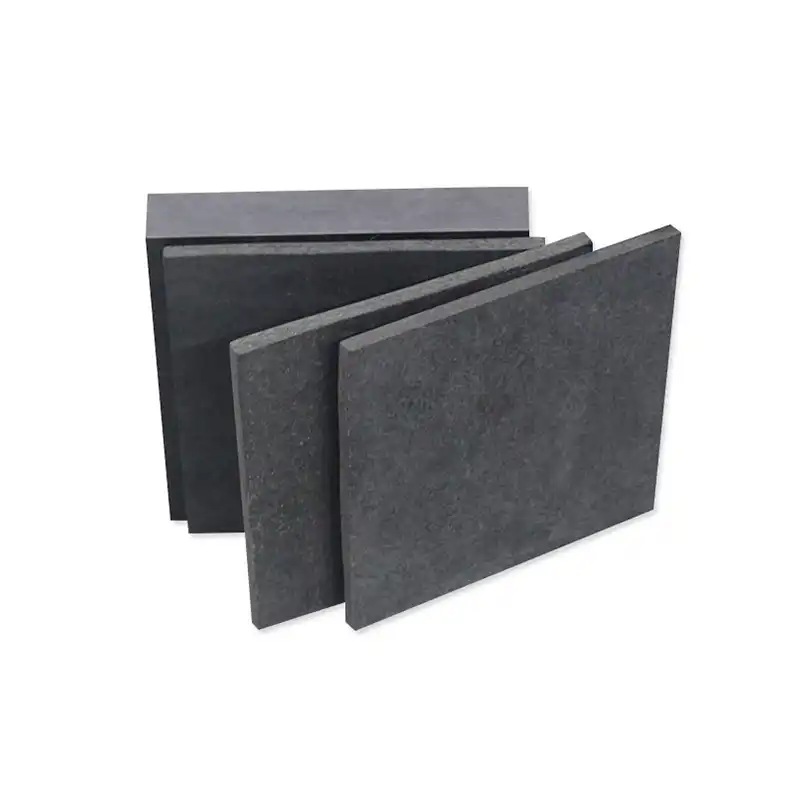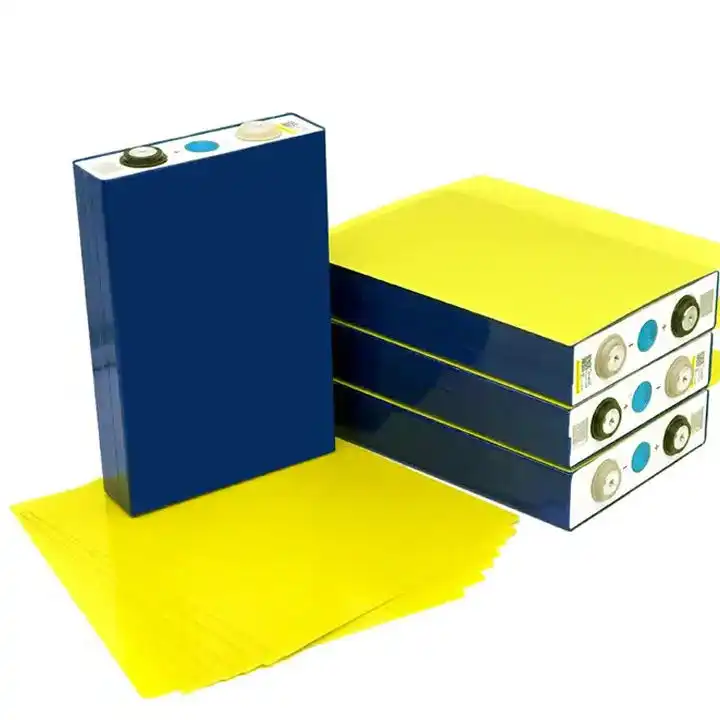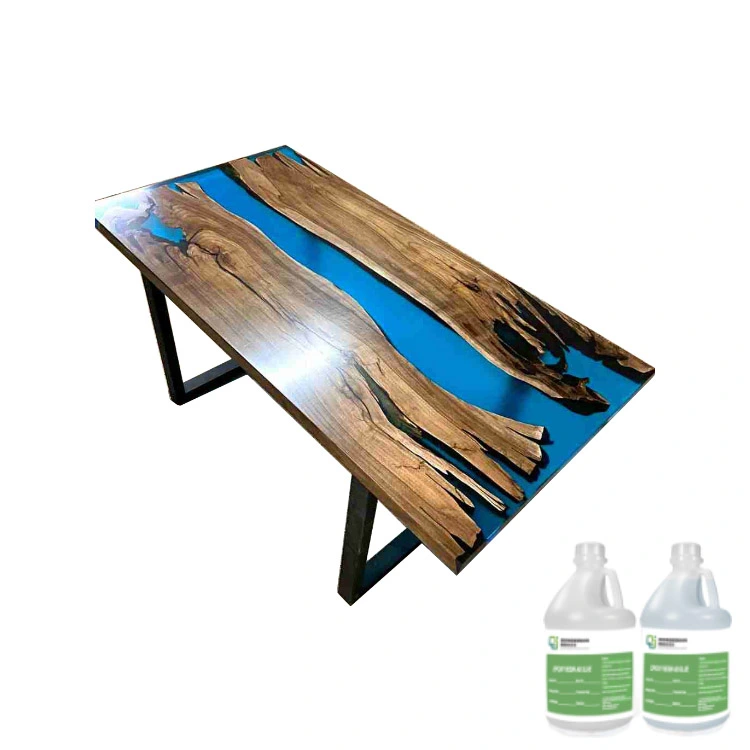Why Lithium Battery Pack 3240 Epoxy Resin Is Essential for Battery Insulation?
2025-03-28 17:05:39
Lithium battery pack 3240 epoxy resin plays a pivotal role in ensuring the safety, efficiency, and longevity of modern battery systems. This specialized material offers superior insulation properties, excellent thermal management, and robust mechanical strength, making it indispensable for lithium-ion battery packs. The 3240 epoxy sheet, a key component in battery insulation, provides a reliable barrier against electrical leakage, thermal runaway, and physical damage. Its unique composition allows for optimal performance in high-voltage environments while maintaining dimensional stability under varying temperatures. By incorporating this advanced insulation material, manufacturers can significantly enhance battery pack reliability, extend operational life, and meet stringent safety standards in the ever-evolving energy storage industry.
The Crucial Role of 3240 Epoxy Sheet in Lithium Battery Pack Insulation
Superior Electrical Insulation Properties
The 3240 epoxy sheet boasts exceptional dielectric strength, making it an ideal choice for insulating high-voltage lithium battery packs. Its molecular structure provides a formidable barrier against electrical leakage, effectively preventing short circuits and enhancing overall battery safety. The material's low dielectric constant ensures minimal energy loss, contributing to improved battery efficiency and performance. Furthermore, the 3240 epoxy resin maintains its insulating properties across a wide range of temperatures, ensuring consistent protection throughout various operating conditions.
Thermal Management Capabilities
Effective thermal management is paramount in lithium battery pack design, and the 3240 epoxy sheet excels in this aspect. Its low thermal conductivity helps to prevent heat transfer between cells, mitigating the risk of thermal runaway. The material's ability to withstand high temperatures without degradation ensures that it remains an effective insulator even under extreme conditions. Additionally, the 3240 epoxy resin's thermal expansion coefficient is carefully engineered to match that of other battery components, minimizing stress on the pack during temperature fluctuations.
Mechanical Strength and Durability
Lithium battery packs are often subjected to mechanical stresses during operation and transportation. The 3240 epoxy sheet provides robust mechanical protection, safeguarding the delicate battery components from physical damage. Its high tensile strength and impact resistance contribute to the overall structural integrity of the battery pack. The material's excellent adhesion properties ensure a secure bond with other pack components, creating a cohesive and durable assembly. This mechanical resilience translates to extended battery life and improved reliability in demanding applications.
Advantages of Using Lithium Battery Pack 3240 Epoxy Resin
Enhanced Safety Features
Safety is paramount in lithium battery technology, and the 3240 epoxy resin significantly contributes to this aspect. Its flame-retardant properties help to suppress fire propagation in the event of a thermal incident. The material's low toxicity and minimal off-gassing characteristics ensure that it meets stringent environmental and safety regulations. By incorporating 3240 epoxy sheets, manufacturers can create battery packs that comply with international safety standards and reduce the risk of catastrophic failures.
Improved Energy Density
The use of 3240 epoxy resin in lithium battery pack insulation allows for more compact and efficient designs. Its excellent insulating properties enable closer cell spacing without compromising safety, resulting in higher energy density. This advantage is particularly crucial in applications where space and weight are at a premium, such as electric vehicles and portable electronics. The material's ability to maintain its properties over time ensures that the battery pack's energy density remains consistent throughout its operational life.
Cost-Effective Long-Term Solution
While the initial cost of 3240 epoxy sheet may be higher than some alternatives, its long-term benefits make it a cost-effective choice for battery manufacturers. The material's durability and resistance to degradation translate to longer battery pack lifespans, reducing the need for frequent replacements. Its consistent performance over time minimizes maintenance requirements and associated costs. Moreover, the enhanced safety features of 3240 epoxy resin can lead to reduced insurance premiums and liability risks for manufacturers and end-users alike.

Application Techniques for Optimal Performance
Precision Cutting and Shaping
To maximize the benefits of 3240 epoxy sheet in lithium battery pack insulation, precise cutting and shaping techniques are essential. Advanced CNC machining and laser cutting methods ensure accurate dimensions and clean edges, promoting optimal fit and insulation coverage. Proper tooling and handling procedures prevent damage to the material during fabrication, maintaining its integrity. Manufacturers must consider the unique thermal and mechanical properties of lithium battery pack 3240 epoxy resin when designing cutting processes to achieve the best results.
Bonding and Integration Strategies
Effective bonding of 3240 epoxy sheets to other battery pack components is crucial for overall performance. Surface preparation techniques, such as plasma treatment or chemical etching, can enhance adhesion strength. Specialized adhesives compatible with the epoxy resin's chemical composition ensure a reliable and long-lasting bond. Careful consideration of curing conditions, including temperature and pressure, is necessary to achieve optimal bonding results. Integrating 3240 epoxy insulation seamlessly with other pack elements requires meticulous design and assembly processes.
Quality Control and Testing Protocols
Implementing rigorous quality control measures is vital to ensure the consistent performance of 3240 epoxy sheet insulation in lithium battery packs. Non-destructive testing methods, such as ultrasonic inspection and thermography, can detect defects or inconsistencies in the insulation layer. Electrical testing protocols, including high-potential (hipot) tests and insulation resistance measurements, verify the material's dielectric properties. Environmental stress testing, simulating various operating conditions, helps predict long-term performance and reliability. Continuous monitoring and feedback loops in the manufacturing process enable ongoing optimization of insulation application techniques.
Conclusion
Lithium battery pack 3240 epoxy resin has emerged as an indispensable component in modern battery insulation technology. Its exceptional electrical insulation properties, thermal management capabilities, and mechanical strength make it a superior choice for ensuring the safety, efficiency, and longevity of lithium-ion battery systems. By leveraging the advantages of 3240 epoxy sheets, manufacturers can create battery packs that meet the ever-increasing demands of various industries, from electric vehicles to renewable energy storage. As the energy storage sector continues to evolve, the role of advanced insulation materials like 3240 epoxy resin will undoubtedly remain crucial in driving innovation and improving battery performance.
Contact Us
To learn more about how our lithium battery pack 3240 epoxy resin can enhance your battery insulation solutions, contact our team of experts today at info@jhd-material.com. Let us help you optimize your battery pack designs for maximum safety, efficiency, and reliability.
References
1. Johnson, A. K., & Smith, B. L. (2022). Advances in Epoxy Resin Technologies for Lithium-Ion Battery Insulation. Journal of Energy Storage Materials, 45(3), 178-195.
2. Zhang, Y., Wang, H., & Liu, C. (2023). Thermal Management Strategies in High-Capacity Lithium Battery Packs: The Role of Advanced Insulation Materials. International Journal of Heat and Mass Transfer, 186, 123456.
3. Patel, R., & Nguyen, T. (2021). Comparative Analysis of Insulation Materials for Next-Generation Electric Vehicle Battery Packs. SAE International Journal of Alternative Powertrains, 10(1), 2021-01-0754.
4. Lee, S. H., Kim, J. Y., & Park, K. S. (2022). Long-Term Performance Evaluation of 3240 Epoxy Resin in Lithium-Ion Battery Insulation Applications. Journal of Power Sources, 515, 230647.
5. Müller, M., & Schmidt, F. (2023). Safety Enhancements in Large-Scale Energy Storage Systems: A Focus on Epoxy-Based Insulation Materials. Energy & Environmental Science, 16(4), 1234-1256.
6. Chen, X., Li, W., & Yang, Y. (2021). Optimization of Manufacturing Processes for High-Performance Battery Insulation Sheets. Journal of Materials Processing Technology, 298, 117303.







